Eating a healthy and balanced diet is important for maintaining overall well-being.
Here are some examples of nutritious foods that you can include in your diet :
Fruits and Vegetables :
Incorporate a variety of colorful fruits and vegetables into your meals. They are rich in vitamins, minerals, and dietary fiber. Examples include berries, leafy greens, broccoli, bell peppers, and carrots.Whole Grains:
Opt for whole grains like quinoa, brown rice, oats, and whole wheat bread instead of refined grains. Whole grains are high in fiber and provide sustained energy.
Lean Proteins:
Choose lean sources of protein such as skinless poultry, fish, beans, lentils, tofu, and Greek yogurt. These foods are rich in protein, which is essential for tissue repair and muscle building.
Healthy Fats:
Include sources of healthy fats in your diet, such as avocados, nuts, seeds, and olive oil. These fats are important for brain function and help absorb fat-soluble vitamins.
Dairy or Dairy Alternatives :
If you consume dairy, choose low-fat options like skim milk, yogurt, and cottage cheese.
Alternatively, you can opt for plant-based milk alternatives like almond milk or soy milk.
Legumes :
Incorporate legumes such as beans, lentils, and chickpeas into your meals. They are high in protein, fiber, and various vitamins and minerals.
Nuts and Seeds :
Snack on a variety of nuts and seeds like almonds, walnuts, chis seeds, and flax-seeds. They provide healthy fats, protein, and essential nutrients.
Water :
Stay hydrated by drinking an adequate amount of water throughout the day. Water is crucial for many bodily functions and helps maintain overall health.
it's important to listen to your body's needs and make choices that suit your individual dietary requirements. It's also a good idea to consult with a healthcare professional or registered dietitian for personalized advice based on your specific health goals and any underlying conditions you may have.
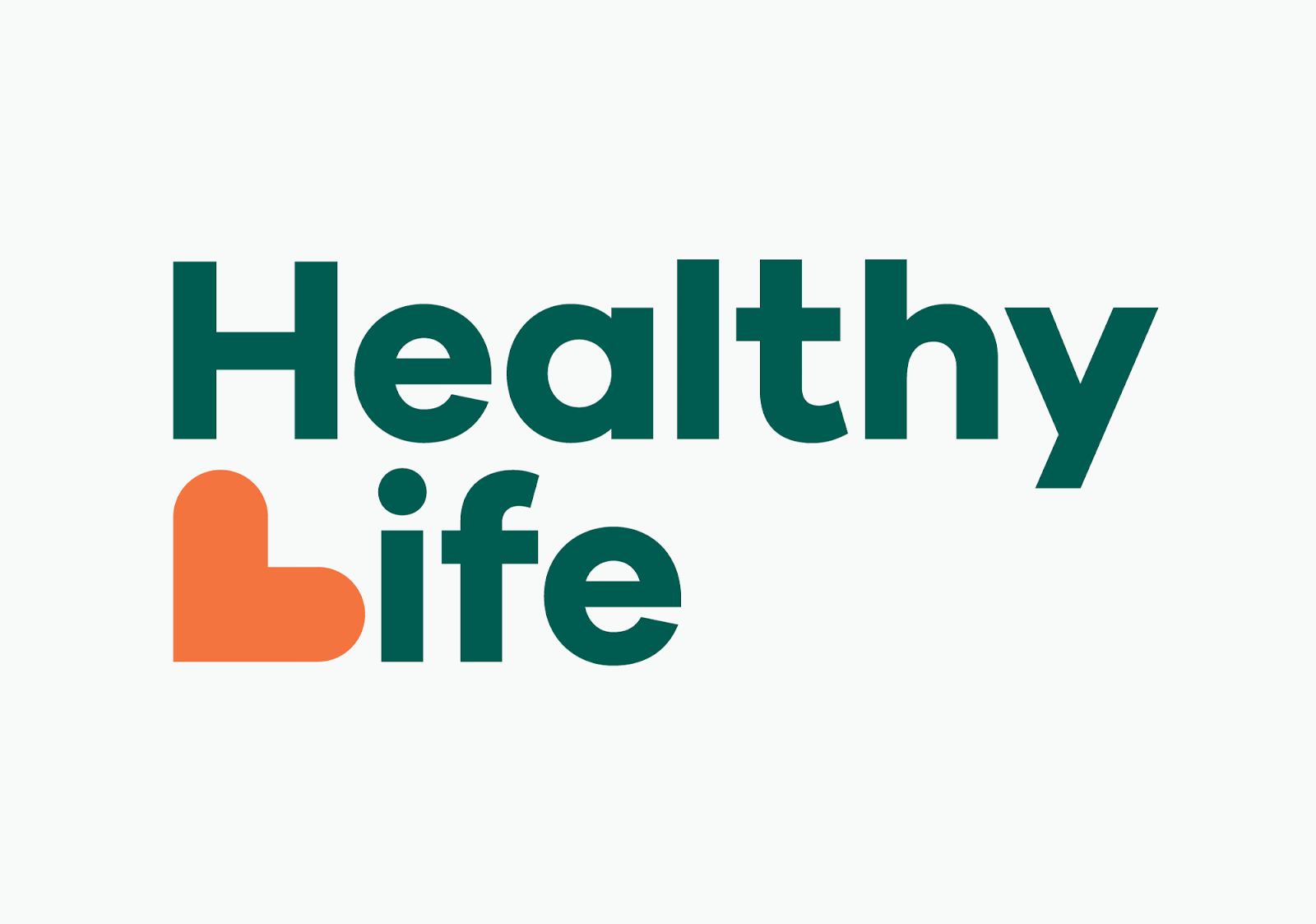
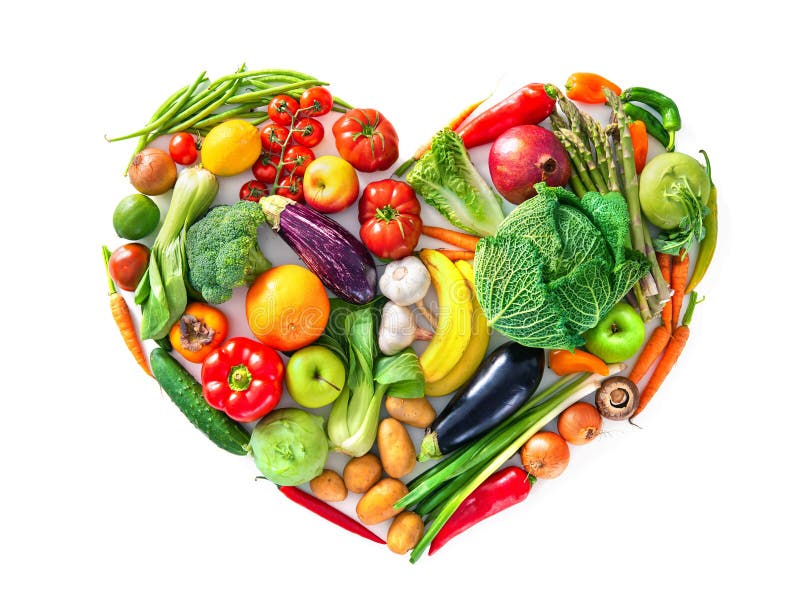
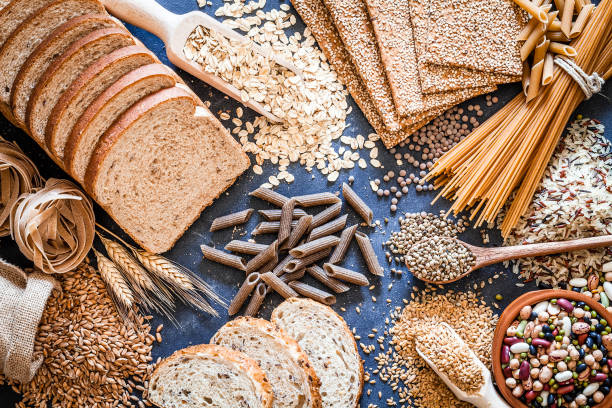
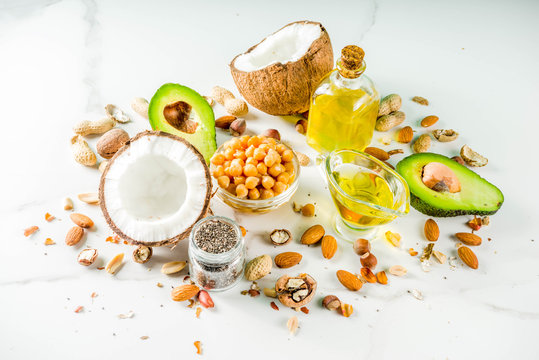
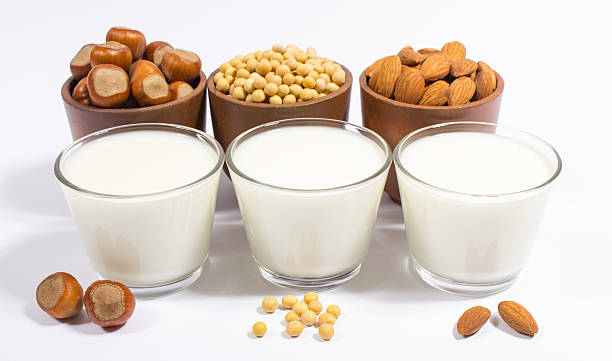

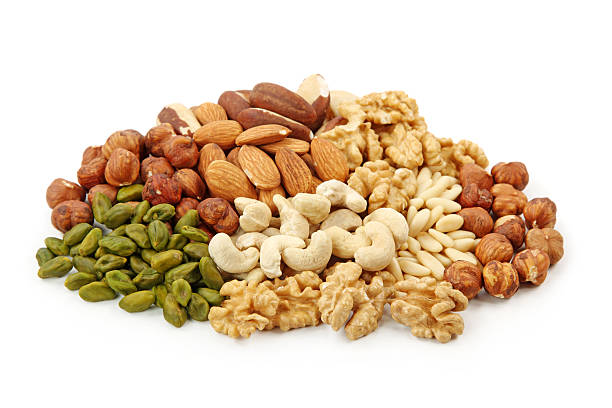

Comments